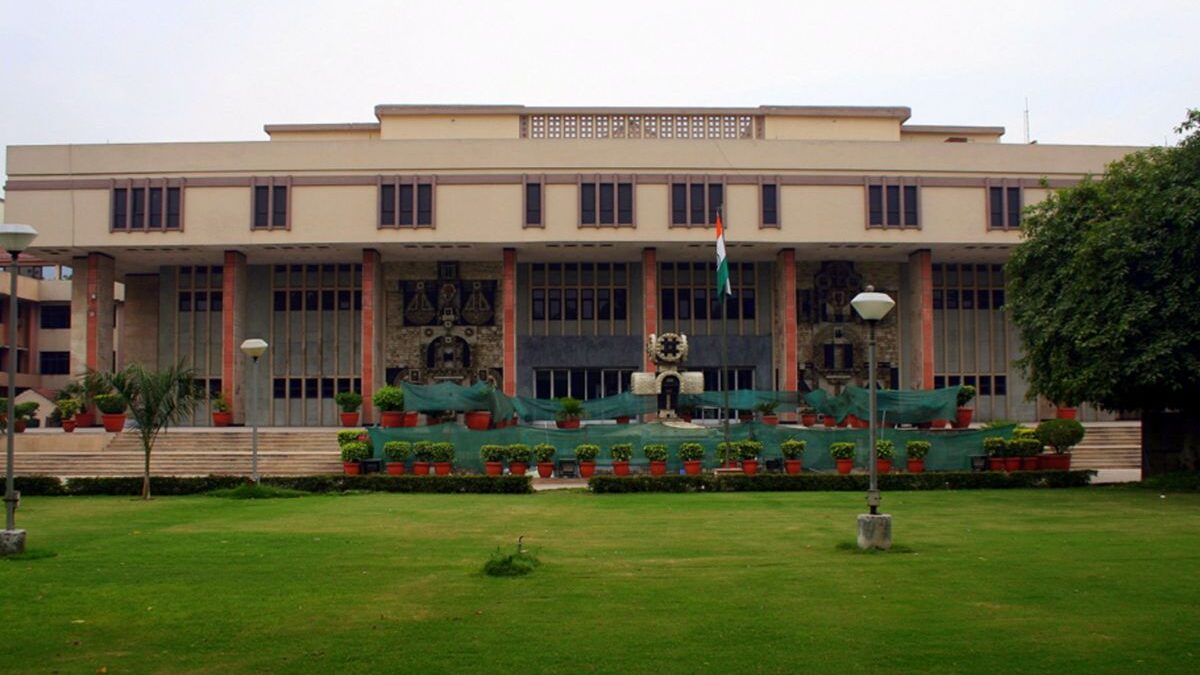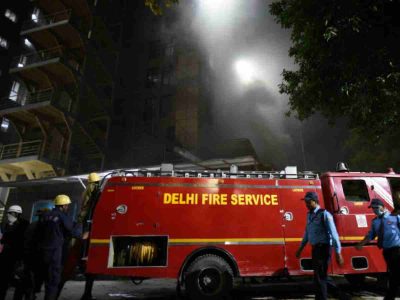The Delhi High Court has taken serious note of the non-payment of salaries to employees of the Delhi Waqf Board, despite a court order directing the clearance of outstanding dues. Justice Jyoti Singh expressed deep concern over the employees’ plight, stating that they had not received their salaries for approximately nine months. The judge criticised the authorities for their insensitivity towards the employees’ financial difficulties.
The court observed that there seemed to be a lack of regard for court orders, as there was no certainty regarding the payment of salaries despite assurances given during the previous hearing. The authorities claimed that the matter was under consideration and that there was a deficiency of funds.
The court deemed it necessary for the CEO of the Delhi Waqf Board, Md. Rehan Raza, to appear before the court and explain the alleged non-compliance with court orders and the failure to fulfill the statutory obligation of paying salaries and allowances to employees. The court set the next date of hearing for July 11, 2023.
The petitioners, comprising an association and an individual employee, approached the court earlier in the year, stating that they had not received their salaries since October of the previous year and were facing severe financial hardships. They alleged non-compliance with a court order from March 27, which directed the respondents (the city government and Delhi Waqf Board authorities) to clear the outstanding salaries within two weeks.
The petitioners’ counsel argued that the employees’ fundamental and constitutional rights had been violated, depriving them of a dignified life. The petition highlighted the non-payment of salaries to various categories of employees, emphasizing that the paucity of funds could not be an excuse for the Board. The petition also pointed out the collapse of the Board’s functioning, as no meetings had taken place since January 5, 2022, resulting in a halt to business transactions and revenue generation.
Furthermore, the petition criticised the delays in preparing and forwarding the budget to the State Government, as required by the Waqf Act, 1995, and the Delhi Waqf Rules, 1997. The plea mentioned delays on the part of the Government of NCT of Delhi in releasing the Grant in Aid, exacerbating the financial difficulties faced by the Delhi Waqf Board.
The plea emphasised that the timely payment of salaries was crucial for the employees to sustain their livelihoods and that the denial of this right amounted to a violation of Article 21 of the Indian Constitution, which guarantees the Right to Life. (With inputs from PTI)





